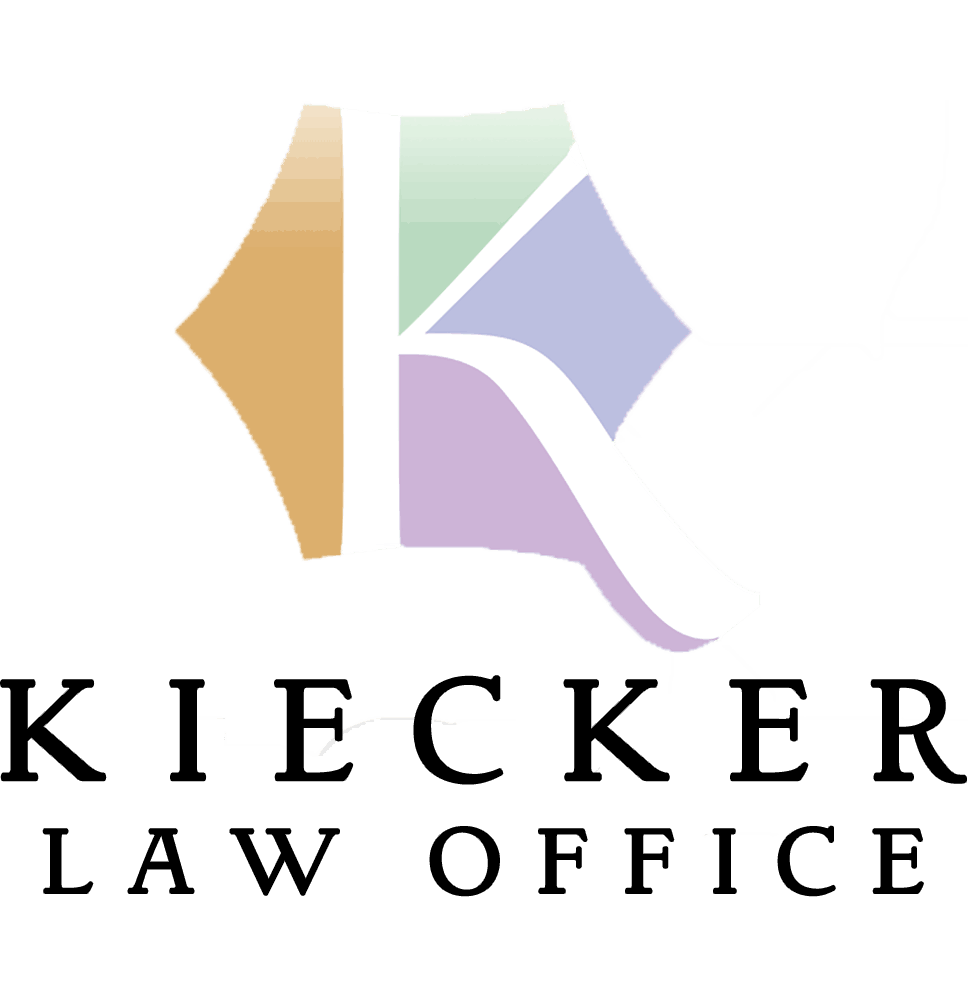Estate Planning for Retirees
In our last blog post, we talked about why someone that is retired or nearing retired would want to write their wills. This time we are going to talk about what makes up a true, full estate plan. A complete estate plan includes more than just a will. It also may include a trust and it does include a health care directive, a financial power of attorney, and also requires you to update your beneficiary designations. So, what does that mean?
Will
Let’s start with what a will does. A will determines who gets your stuff when you pass away. It also appoints the person that is going to be in charge of distributing your property according to your wishes. For those that still have minor children, it also appoints a guardian for them. If you don’t have a will, the state does have one for you, but you and your heirs are at the mercy of a judge at that point. Not having a will is a good way to put undue stress on your loved ones after you’re gone.
Trust
A trust is often known as a living trust as well. The main purpose of a trust is to continue to control your assets while you are living, but also provide a vehicle to pass on your assets to your heirs without having to go through the probate process. A trust can potentially help avoid negative estate tax consequences. It avoids probate if structured properly and it provides a way of keeping your and your family’s finances private. It is likely less time consuming when administering the trust is potentially a less expensive way to distribute your assets.
Health Care Directive
A health care directive is simply a way to make sure that your medical needs are taken care of in the manner that you want them to be. You determine who will make medical decisions for you. You can lay out the exact methods of medical care that you want to be done or not done if necessary. Copies of these should be given to all of your doctors so they know what to do or who to turn to if something should happen to you.
Financial Power of Attorney
A Power of Attorney provides the ability for someone of your choice to make financial decisions for you when you are not able to make those decisions yourself. It allows your representative to pay your bills for you when you can’t so that you can get back to life as you knew it when you’re able to resume.
Beneficiary Designations
This isn’t a document that an attorney can write for you, but an appropriate estate plan will include a discussion about your designations. It is simply an activity that you must do. Each of your life insurance policies, financial accounts and retirement accounts have these. If titled correctly, you are able to protect them from the probate process and make sure that they will go to the right people or organizations.
Obviously, there is more to it than these simple explanations. We will be holding a seminar in Belle Plaine at the KingsPath Senior Living facility at 125 Commerce Dr W at 4:00 on October 24th. You can click below to get registered for them.

